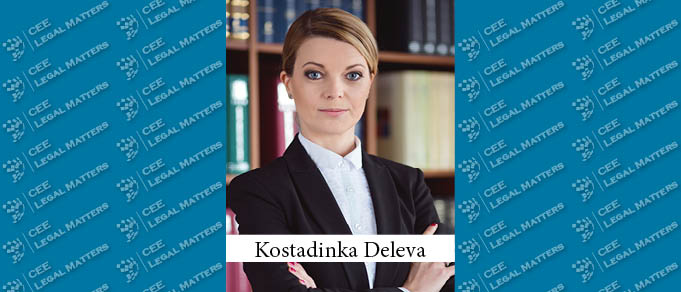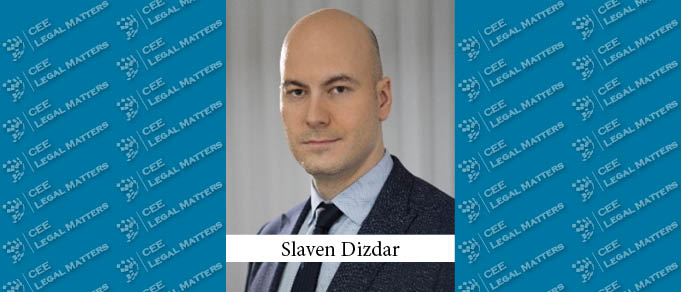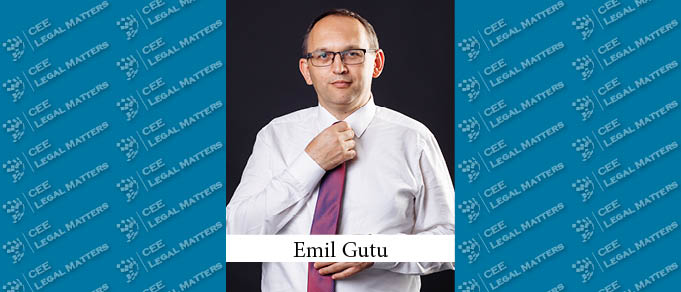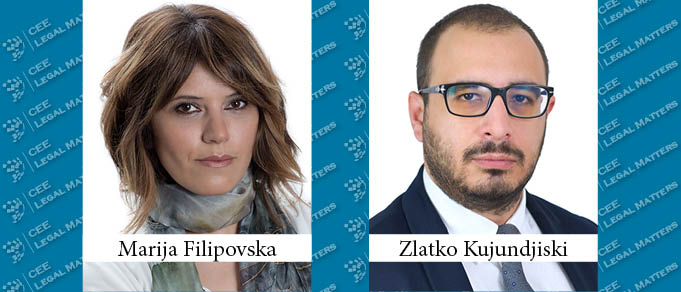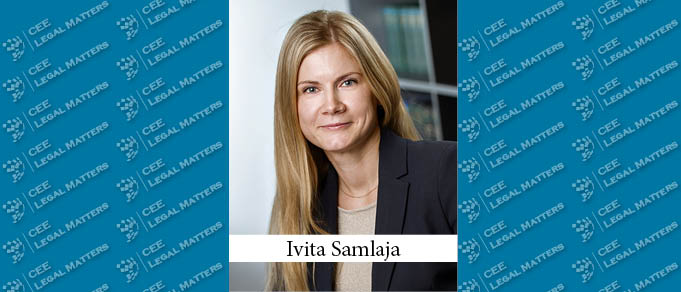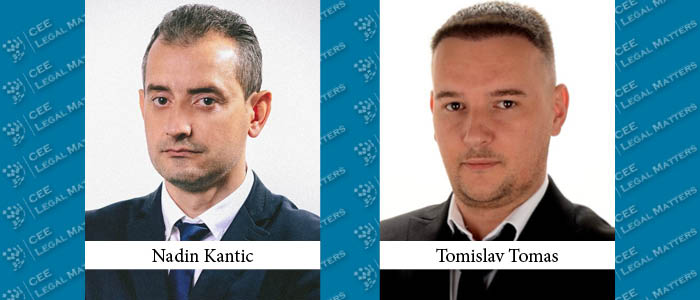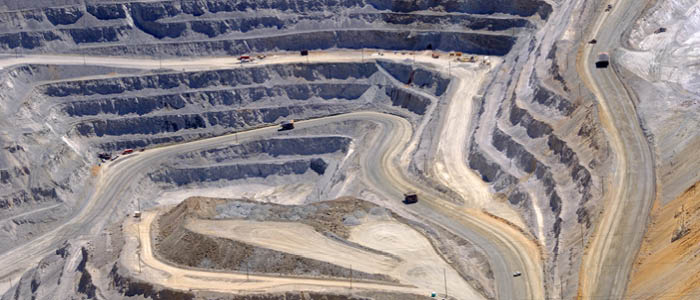Bulgaria is just a stone’s throw away from completing the electricity market liberalization that has been in progress in recent years. The main goal of the Bulgarian Government is to gradually eliminate regulated electricity prices by the end of 2025 and to fully transition to market conditions by promoting market competition.
Implementation of EU Electricity and Natural Gas Network Codes by Serbian Transmission Operators
The amendments to the Serbian Energy Law, enacted in late April 2021, prescribed the obligation for transmission system operators in the electricity and natural gas sector to implement the EU electricity and natural gas network codes.
Implementation of EU Electricity and Natural Gas Network Codes by Serbian Transmission Operators (2)
The amendments to the Serbian Energy Law, enacted in late April 2021, prescribed the obligation for transmission system operators in the electricity and natural gas sector to implement the EU electricity and natural gas network codes.
The Energy Mix in Hungary – An Overview
Hungary has adopted the integrated energy policy guidelines of the EU, which aim to decrease greenhouse gas emissions by at least 40% compared to the ‘90s level, increase the proportion of renewable energy in energy consumption to 32%, increase energy efficiency by 32.5%, and further the increased interconnection of the EU electric energy system. In that context, renewable energy is currently a hot topic.
New Developments in Renewable Energy Legislation in Slovakia – Focus on Photovoltaics, Wind, and Hydrogen
The year 2021 has seen several major developments in the field of green energy in Slovakia.
Construction of New Small Hydroelectric Power Plants Under Question in Bosnia & Herzegovina
On June 23, 2021, the lower chamber of the Parliament of the Federation of Bosnia & Herzegovina, the House of Representatives, passed a decision instructing the Government to “analyze the existing legal framework in relation to the construction of small hydroelectric power plants and to initiate the parliamentary procedure of amending the existing laws in order to protect the rivers and the environment.” Such a broad and generic decision comes after months of campaigning by several NGOs, supported by local and Hollywood celebrities, aimed against the construction of SHPPs on Bosnian rivers, citing environmental concerns.
Reforming Energy in Croatia – Electrifying Times Ahead
These are dynamic times for the Croatian energy sector, as the legislative framework is expected to undergo major changes very soon.
Albania: The Fiscal Regime of Oil & Gas Industry Sub-Contractors is Taking Shape
The fiscal regime of companies and contractors operating onshore in the exploration & production segment of the oil and gas industry in Albania was fundamentally changed by Law no. 153/2020 On the Fiscal Regime in the Hydrocarbon Sector (the Hydrocarbon Fiscal Law or HFL), that came into effect on February 2, 2021.
Natural Gas Sector in Kosovo – Challenges Ahead
In 2016, Kosovo adopted Law No. 05/L-082 on Natural Gas (the Natural Gas Law). The purpose of the law was to lay down a legal basis for the establishment of a legal framework that will govern the transmission, distribution, supply, usage, and storage of natural gas. The Natural Gas Law is deemed to be aligned with EU law, including Directive No. 2009/73/EC on common rules of the internal European natural gas market and Regulation No. 715/2009/EC on conditions of access to natural gas transmission networks.
Trends and Prospects for Energy in Latvia
The energy market in Latvia is in a constant process of development, on both the regulatory and business sides. The following highlights suggest the energy sector will remain active in the foreseeable future, providing new opportunities for potential investors.
Moldova: The Long-Awaited Turning Point
The year 2021 is expected to be a long-awaited turning point for the Moldovan electric energy market.
North Macedonia: Strategy for a Renewable Energy Future – Too Ambitious or Ambitiously Realistic?
The year 2020 proved to be positive for renewable energy in the EU. Data published by Eurostat shows an overall increase in the share of energy produced from renewable sources, and the share of renewable electricity exceeded that of electricity produced from fossil fuels.
Lithuania: Current Realities and Future Perspectives of the Oil & Gas Sector
Although Lithuania cannot boast rich oil resources lying beneath its territory, a number of large oil industry facilities are successfully operating in the country. This suggests that Lithuania has sufficient technical capacity to import oil and petroleum products from various countries, as well as diverse and technically ensured possibilities of supplying petroleum products. Moreover, the country has secured the required amount of petroleum product state reserves, which affords protection against disruptions in their supply.
A New Decade for Montenegro’s Energy Sector
Change is brewing in Montenegro. The country finds itself exposed to both unprecedented internal and external factors, turning the gears and taking Montenegro in an uncharted direction. The COVID-19 pandemic has, for the last eighteen months, been putting pressure on economies, health systems, and the people themselves, forcing humanity to combat a deadly adversary through measures unseen in modern history. Montenegro was no exception and had to adjust to the new situation adopting preventive measures in order to mitigate the negative effects of the pandemic. An external factor, the virus, was not the only thing that shook things up for the Montenegrin people. There has been a large upset in the political scene, with the parliamentary election being narrowly won by the opposition, removing the Democratic Party of Socialists from power. The new government is faced with many challenges, including continuing the development of the energy sector through innovative and appropriate legislative, regulatory, and strategic action.
International Franchise Handbook: Focus on Latvia
Franchising may be an attractive proposition for many companies wishing to expand internationally. Take a look at this overview to discover the applicable franchise law in Latvia, covering the essentials for franchisors, the relevant areas of law, selected aspects such as fees, and dispute resolution and applicable law.
Europe’s Top Court Holds That Damages Arising from a Parent Company’s Infringement of European Competition Law Can Also Be Claimed Against Its Subsidiary
On October 6, 2021, the Grand Chamber of the of the Court of Justice of the European Union (CJEU) delivered its decision in Case C-882/19 Sumal SL v Mercedes Benz Trucks España, clarifying certain issues related to the imputability of anticompetitive conduct within a group of companies and the related private law consequences.
EU Approves Regional Aid Map for Hungary for 2022-2027
The regional aid map is a legal provision that sets the maximum amount of state aid that can be granted as investment aid to companies investing in certain regions of the country, or in the case of developed regions, smaller territorial units.
A New Era in Environment and Climate Policies: Turkey is Now a Party to the Paris Climate Agreement
The Turkish Government, in its statement at the United Nations General Assembly, had given signals beforehand that it would submit the Paris Climate Agreement [“Paris Agreement” or “Agreement”], for parliamentary approval which it signed on April 22, 2016. Following his statement, the Agreement entered into force with the Law on Approval of the Paris Agreement and the Presidential Decision, both published on the same day, on 7.10.2021 in the Official Gazette. Please see our previous article about the content and purpose of the Paris Agreement.

